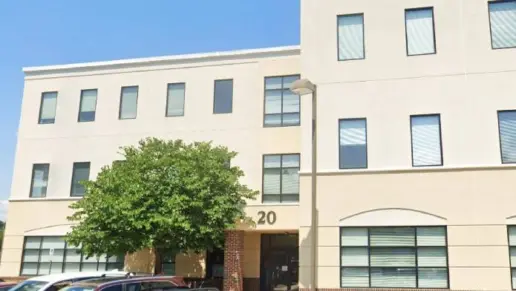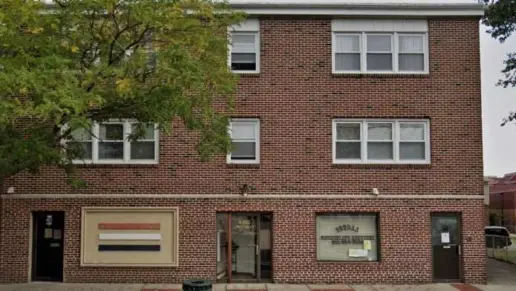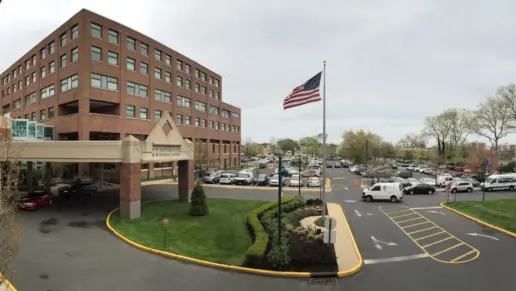About Moving Mountains Recovery
Moving Mountains Recovery in Randolph, New Jersey is an alcohol and drug rehab center.
The facility was founded by three individuals who’ve personally dealt with the challenges of addiction. The levels of care offered include detox, outpatient, intensive outpatient and partial care. Clients can be admitted for treatment through a phone call or by filling out an online form.
Along with the traditional treatment approaches, Moving Mountains Recovery focuses on helping clients find their passion for life through different creative and recreational therapeutic activities. They believe that having a passion for life will help clients have less of a desire to use substances.
I like that Moving Mountains Recovery treats addictions to various types of substances, such as prescription drugs, inhalants and meth. They’re also able to provide help to individuals who are using multiple substances. During detox, patients will be monitored by medical professionals and will be provided with medications to manage withdrawal symptoms if necessary. A therapist will also be available to teach relapse prevention techniques that can help reduce addictive cravings.
After detox, clients will be moved on to an appropriate level of care based on their needs. In partial care, clients will stay at one of the facility’s partnered community housing components. It’s designed for individuals with moderate to severe addiction who aren’t ready to live at home again.
Patients will spend most of the day receiving services such as individual and group therapy, life skills education and holistic therapy. The outpatient program offers all of these services while allowing the client to live at home and continue their day-to-day responsibilities. When individuals have completed their treatment program then they can participate in the alumni program where they’ll receive continual support through the social media page and alumni events.
Rehab Score
Gallery
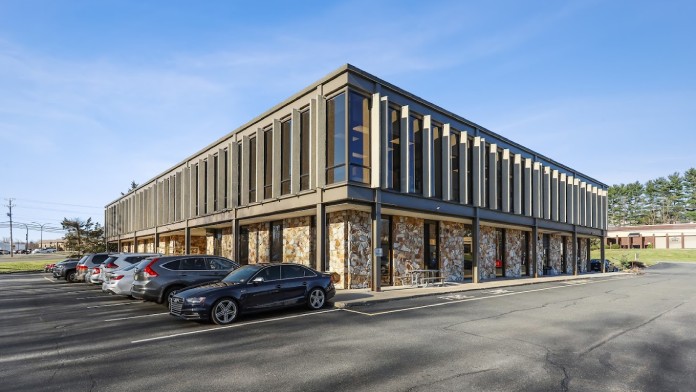
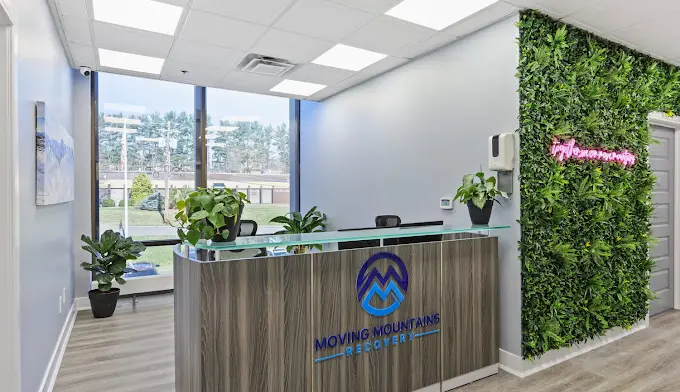
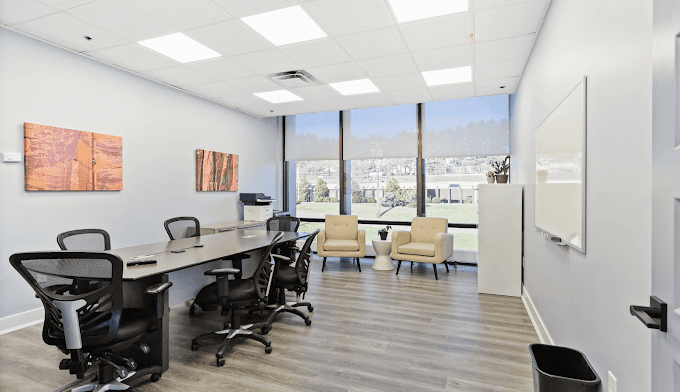
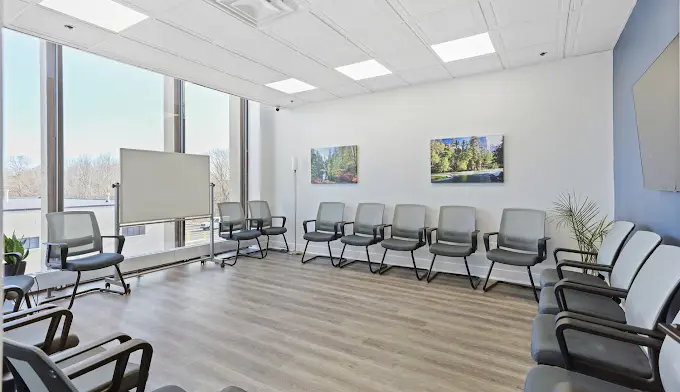
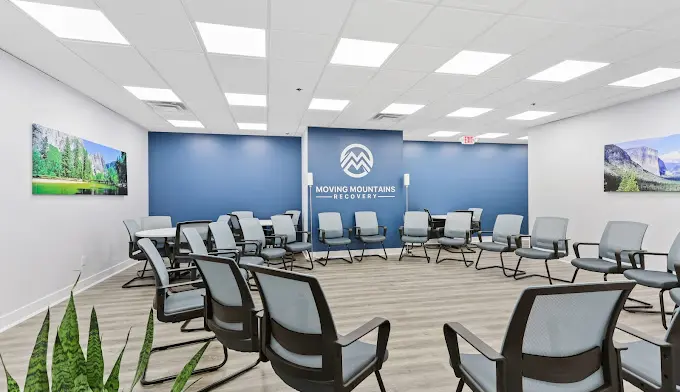
Location
Accepted Insurance
Other Forms of Payment
Self-pay involves paying for treatment out of your own pocket. You can use savings or credit, get a personal loan, or receive help from family and friends to fund your treatment. If you don't have insurance or your insurance plan doesn't cover a specific program, self-pay can help ensure you still get the care you need.
Private insurance refers to any kind of healthcare coverage that isn't from the state or federal government. This includes individual and family plans offered by an employer or purchased from the Insurance Marketplace. Every plan will have different requirements and out of pocket costs so be sure to get the full details before you start treatment.
Medicare is a federal program that provides health insurance for those 65 and older. It also serves people under 65 with chronic and disabling health challenges. To use Medicare for addiction treatment you need to find a program that accepts Medicare and is in network with your plan. Out of pocket costs and preauthorization requirements vary, so always check with your provider.
Military members, veterans, and eligible dependents have access to specific insurance programs that help them get the care they need. TRICARE and VA insurance can help you access low cost or no cost addiction and mental health treatment. Programs that accept military insurance often have targeted treatment focused on the unique challenges military members, veterans, and their families face.
Addiction Treatments
Levels of Care
Programs


Clinical Services
Cognitive behavioral therapy (CBT) in New Jersey typically follows a set structure of treatment. The therapist helps clients identify their life challenges and their thoughts surrounding those challenges. The client then learns to identify unhealthy thought patterns and reshape those into healthy patterns of thinking and behavior.
Dialectical means opposing. The premise of dialectical behavior therapy is to learn how two things that seem to be opposite can actually be true. You learn how to accept yourself while also making changes. The focus is on accepting your emotions and changing how you manage them.
During individual therapy for drug addiction, patients receive a customized and tailored approach to understanding their unique circumstances and providing them with targeted interventions. These include coping skills, relapse prevention plans, and developing resilience, all of which are essential for long term recovery.
Trauma therapy provides a structure to approach healing from past traumatic events that you may have witnessed or experienced. Your therapist will work with you to identify and process these memories. This helps promote a sense of safety and stability and helps you heal emotionally.
Family therapy sessions address addiction related conflicts and other issues between members of the family unit. By strengthening communication and coping skills, as well as creating a nurturing environment, the family can help support their loved one's recovery.
Recreational therapy is a dynamic approach to addiction treatment in New Jersey. It integrates activities like music therapy, team sports, and gardening so you have a therapeutic outlet for your emotions and stress. This improves your physical and mental health and helps you develop new skills to support a sober lifestyle.
Accreditations

LegitScript has reviewed Moving Mountains Recovery as part of their certification program, and has determined that it meets the LegitScript standards for legality, safety and transparency.
LegitScript verified in

The Joint Commission, formerly known as JCAHO, is a nonprofit organization that accredits rehab organizations and programs. Founded in 1951, the Joint Commision's mission is to improve the quality of patient care and demonstrating the quality of patient care.
Joint Commission Accreditation: Yes
Contact Information
2 Emery Ave
Randolph, NJ 07869





